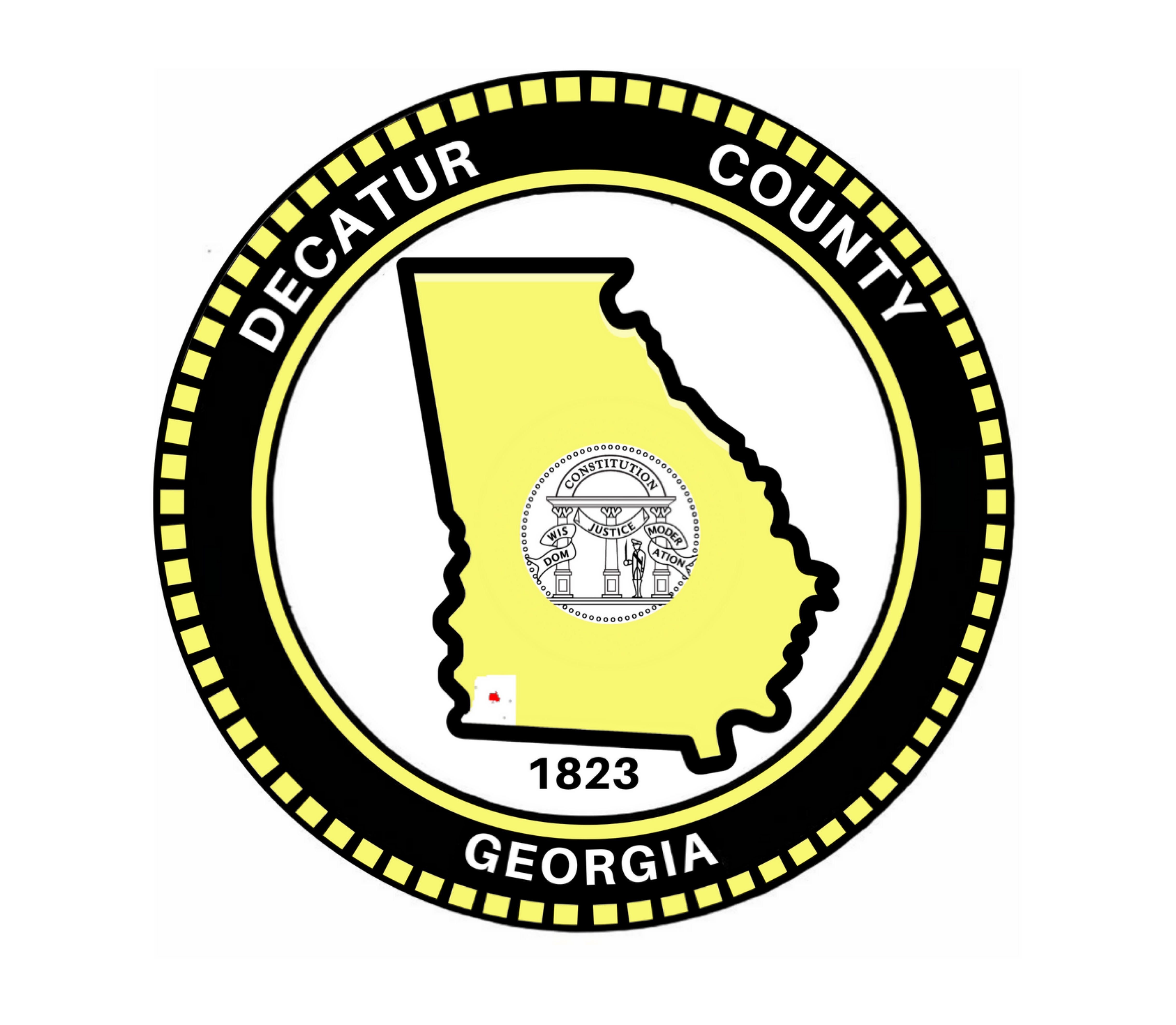Rep. Darlene Taylor gives update on 5th week of session
Published 3:09 pm Tuesday, February 18, 2020
|
Getting your Trinity Audio player ready...
|
We returned to the State Capitol on Monday, February 10, for the fifth week of the 2020 legislative session. Last week, we set the legislative calendar to be out of full House Floor sessions allowing us additional meeting time to devote specifically to the state budgeting process, and this week, the House Appropriations subcommittees held meetings to work to finalize the Amended Fiscal Year 2020 (AFY 2020) budget and to review the Fiscal Year 2021 (FY 2021) budget. Crafting the state budget is always a difficult process, and the fifth week of session proved to be especially significant as we dedicated our time to gathering more information on potential budget adjustments for the current and upcoming fiscal years and discussed budgetary priorities. As you know, the State Legislature has one major constitutionally required duty and that is to pass a balanced budget.
Due to an unexpected reduction of state revenue, Governor Brian Kemp instructed our state agencies to reduce spending by 4% in AFY 2020 and 6% in FY 2021, saving taxpayers millions of dollars on inefficient operational costs. Gov. Kemp’s recommended budget would reduce operational spending by $216 million in the AFY 2020 budget and an additional $341 million in the FY 2021 budget. Even with these reductions, the FY 2021 budget is still set at several hundred million dollars above the current fiscal year’s budget. After hearing from state agencies through our subcommittee meetings, we gained more information of the proposed budget and how state dollars may be appropriated for statewide services.
Over the last ten years, the House Appropriations Subcommittee on Human Resources has worked to secure additional state funding to improve mental health services and bolster programs that provide treatment for citizens with substance abuse issues in Georgia, and this week, we learned more about budget adjustments in these areas. The governor’s proposal for the AFY 2020 budget would amend the Department of Behavioral Health and Developmental Disabilities’ budget to save $34.3 million, and general funds for the agency would be reduced by more than $45.9 million in the FY 2021 budget. We are still reviewing to protect these services.
This week, my colleagues and I also examined areas of Gov. Kemp’s budget that includes services that our rural communities often rely on. Each of the state’s 159 counties has its own local health department, which is sometimes the closest, if not the only location where citizens in rural areas can receive health care services. These health departments provide preventative care, can offer innovative telehealth services for residents to receive care remotely via video conference and conduct necessary environmental health inspections of restaurants and hotels. Over the last several years, the House has led the charge in creating legislative solutions that aid rural communities, and improving the quality of life and ensuring access to basic health care services for rural Georgians continues to be a priority in the House. We will continue the process to keep these needed funds in the budget.
We also spent time this week examining proposed budget adjustments for agricultural education and research programs that aid the state’s farmers and agricultural industry in a variety of ways. In prior budgets, the General Assembly appropriated additional funding for programs like the University System of Georgia’s Agricultural Experiment Stations (AES) and Cooperative Extension Services (CES). We currently have three AES locations throughout the state that conduct ground-breaking research on crops, turf, environmental factors, livestock and food safety. Moreover, the CES program, which has local extension offices across the state, has provided Georgia farmers with reliable and unbiased research-based programs, publications, workshops and other resources for more than a century. We learned that under Gov. Kemp’s AFY 2020 budget proposal, the AES and CES programs would be reduced and the programs would see a reduction in the FY 2021 budget. Agriculture is the number one industry in Georgia, and my colleagues and I will remain committed to maintaining this title as we consider funding for these programs.
We also discussed proposed funding for the state’s crime labs that handle and process sexual assault evidence. In 2016, the General Assembly passed Senate Bill 304, or the “Compassionate Care for Victims of Sexual Assault Act,” to address rape kit backlog at the time and overhaul the way our state handles and processes these evidence kits. In 2018, the House announced that a backlog of sexual assault kits had been tested, and 321 of these kits resulted in DNA matches that identified criminals. This week, the Georgia Bureau of Investigation (GBI) testified before the House Appropriations Subcommittee on Public Safety and informed us that the GBI receives approximately 200 kits per month but are only able to test an average of 106 kits each month with the current number of scientists that are employed. GBI director Vic Reynolds told the subcommittee this week that despite the cost saving measures, he will work to ensure that the backlog does not reach the same levels that we experienced in 2016.
While we worked on the state budget this week, my colleagues and I received word that the federal government is taking steps to support the growth and expansion of the Savannah harbor and Port of Savannah, which is one of the busiest ports in the country and an economic driver in our state. President Donald Trump announced that his budget proposal includes $93.6 million in funds for the Savannah Harbor Expansion Project, which will deepen Savannah’s harbor to allow for larger vessels. This vital project has a total projected cost of $1 billion, and these federal funds will help the project stay on track to finish by 2022. Additionally, the Georgia Ports Authority announced that the Port of Savannah has been awarded $34.6 million through the Port Infrastructure Development Grant by the U.S. Department of Transportation to modernize the port’s loading docks. The Port of Savannah plays an important role in global commerce, and these investments will provide a great opportunity for the port to remain a worldwide leader in imports and exports.
Even with all the attention on the budget, we had a number of visitors at the Capitol this week. Tuesday was Farm Bureau Day and many farmers and forestry folks were on hand. There were many FFA Students here also. We saw and talked to Lisa Starling in the halls but missed seeing Wendy Green because of meetings. Thomas University had a large presence at the Capitol this week. They had a sizable group of student advocates – Fredrick Jenkins, Courtney Johnson, Jacob Cordoba, Ashley Deaton, Katerina Irvin, Mary Chance, Kristen Brotzman Susan Fowler, Bill Milford along with Ellen, Shanice, Alex and Charlene. Thank you to all for sharing your mission and for being an advocate.
By the end of the fifth week, the House Appropriations Committee began voting on portions of the AFY 2020 budget from the subcommittees. I can share that the transportation budget passed out of subcommittee with no disruption in our transportation funding. Additionally, education and economic development budgets passed their respective sub committees. Next week, the full House Appropriations Committee is expected to take up the remaining portions of the amended budget from the other appropriations subcommittees and consider the entire AFY 2020 budget bill as a whole. In the meantime, we will also keep working to finalize the FY 2021 budget bill. While the state budget bills continue to make their way through the legislative process, I encourage you to reach out to me with any questions or concerns you have regarding the state’s budgeting process or any budget recommendations. My Capitol office number is 404-656-7857, and my email address is darlene.taylor@house.ga.gov. Please contact me anytime. As always, I appreciate the opportunity to serve and thank you for allowing me to be your state representative.





